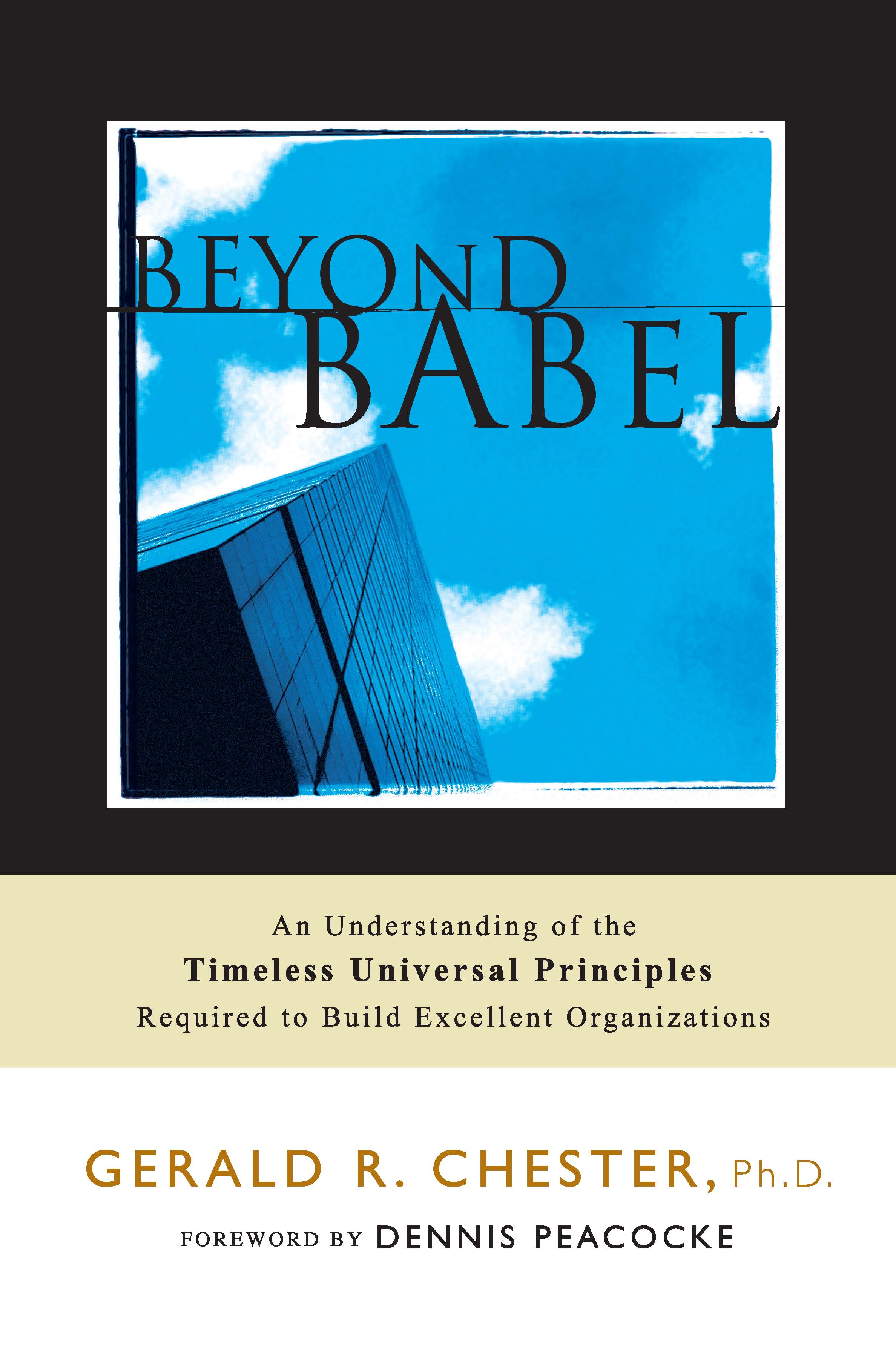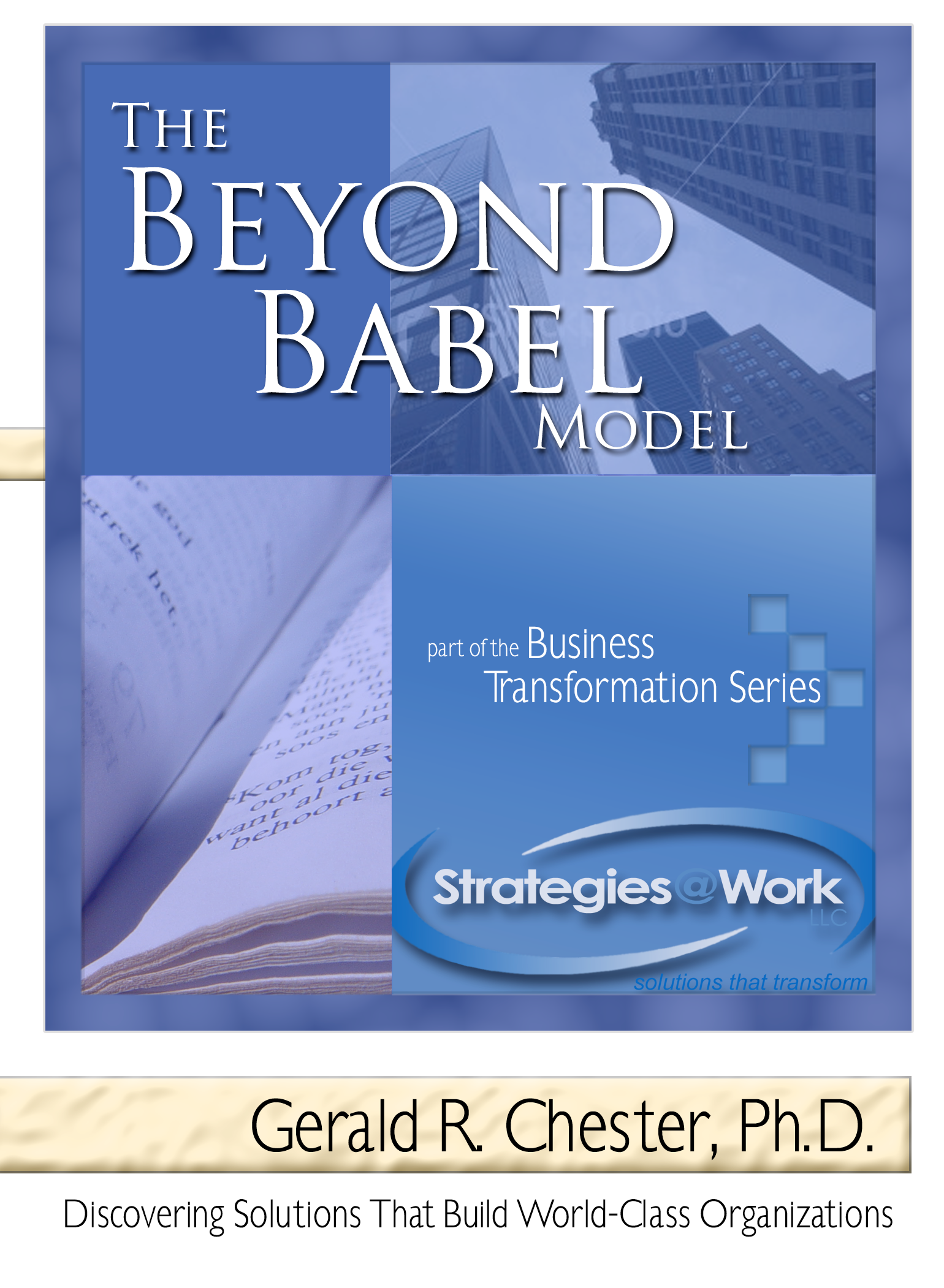For about ten years, I have provided counsel to a young man on a variety of matters and have enjoyed his positive response to my guidance.
A major part of his journey has been discovering his identity and destiny in Christ. To facilitate this process, he attended a number of events sponsored by my company and engaged with me in numerous communications about applying the teachings to his life.
Recently I noticed increasing clarity in him. Part of this process was the development of a relationship with one of my clients. The relationship is a natural fit as my client’s weaknesses are the young man’s strengths and vice versa. Both my client and the young man recognized this synergy and worked successfully together on several projects.
My client is starting a new business and invited the young man to join him. As with most new ventures, capital is thin but the workload is not. My client was forthright about his limited ability to compensate the young man and the young man was agreeable to supplement his income with a second job. But as the young man began the work assignment, he found he had little time left for a second job. He began to ponder the issue of a just wage and sought my counsel.
The proper application of biblical principles to any issue is both an art and a science. It is a science in the sense there are principles that can be used to discern the will of God. For example, some relevant principles to the issue of just compensation are:
- Sowing and reaping (Galatians 6:7)
- Just weights and measures (Deuteronomy 25:15)
- God pays for what he orders (Matthew 6:33)
- The laborer is worthy of his wages (1 Timothy 5:18)
- The Golden Rule (Matthew 22:39)
- Success is defined in terms of obedience to God (John 17:4)
Applying biblical principles is also an art in the sense there is an intangible aspect to the decision that requires judgment, discernment, and discrimination as to the Lord’s leading in a particular situation.
Discovering the relevant principle—the science—is arguably easier than discerning the more subtle leading of the Lord—the art. Principles can be discovered through the study of both general and special revelation (Psalms 19:1; 2 Timothy 3:16–17). Discerning the will of God through internal conviction, which I call specific revelation (2 Samuel 5:23; Luke 12:11–12), can be much more challenging. (Please note that specific revelation is not canonical but is particular to a person in a particular situation at a particular time as seen in the afore referenced texts.) Nevertheless, one can see both the art (specific revelation) and science (general and special revelation) are methods found in Scripture to help us discern the will and ways of God.
Regarding the application of the art and science of divine revelation to the issue of just compensation, many people have struggled to discern the will and ways of God on this matter. For example, Reel Manufacturing Company—a Minnesota-based company—wrestled with the issue of a just wage, which they termed a "living wage." Company management wanted to operate biblically and believed that paying a living wage was a righteous way to operate. Their definition of a living wage was in essence the income needed by a small family to live modestly and pay normal living expenses in the area where the company was located.
Management conducted a study to determine a living wage for their area and concluded that the customary wage for manufacturing workers was below a living wage. To raise the wages of their workers, however, would be a competitive disadvantage. At this point, many people would be tempted to conclude that the facts were compelling; they couldn’t afford to pay a living wage. But Reel’s management was not dissuaded. They looked at their cost structure and determined they could cut costs in other areas. In the end, management was able to reduce their overhead and pay a living wage to the workers without sacrificing their ability to compete.
Management applied both the art and the science of following biblical principles to better align their company with the will and ways of God. They were convicted that the principles of just weights and measures and the worker is worthy of his hire meant they must pay at least a living wage. Also, they wanted to practice the Golden Rule, that is, treat their workers as they would like to be treated. Furthermore, since God funds his will (God supports alignment with himself), they knew there was a way to pay a living wage; it just required prayerful diligence and discernment to find the way (Proverbs 25:2). And finally, because success is rooted in obedience, sowing the seeds of financial blessings in their workers would, in time, produce a harvest of blessings for the company.1
Determining a just wage is not easy. Biblical principles must be skillfully applied both as an art and a science. The management of Reel Manufacturing Company was exemplary. By following sound biblical thinking in the application of the art and science of applying biblical principles, they discovered the will of God on the issue of worker compensation.
Regarding my client and the young man, my counsel to them was to apply the art and science of discerning the will of God through prayerful consideration of general, special, and specific revelation. In addition to the principles noted above, they needed to apply the principle of equal yoking (2 Corinthians 6:14–17), a principle largely neglected in the workplace today.
They then needed to seek agreement on the application of all these principles in their business relationship. One of the ways to practice the art and science of applying biblical principles is to seek consensus. Unity is a key indicator as to whether or not you are called to work together in an equally yoked relationship.
If you reach agreement to work together and you are in alignment with the will and ways of God, there will be provision to do so (Matthew 6:33). You simply need faith to trust God for the provision.
Finally, if you decide to move forward in a business relationship, document your agreement, including your compensation, in writing. One of the principles of Scripture is having clear agreements (Matthew 5:37). Memorializing your agreement in writing helps delineate all the relevant factors that led to your decision and helps avert future conflict that can develop from faulty memories.
May the Lord bless each of us with the grace to learn to apply the art and the science of biblical principles. And may this skill of alignment with the will and ways of God be evident in how we compensate others.
_______________________
1. “A Theology of Fair Pay” by Michael Naughton.
http://www.regent.edu/acad/global/publications/rgbr/archives/rbr/RBR%20Issue%2015-%20Jan-Feb%202005.pdf. |
TRAINING: LIVE EVENTS
Strategic Life Alignment Seminar
Each Monday evening September 8—December 8, 2014
7:00 p.m. to 8:30 p.m.
More . . .
Hiring, Reviewing, Promoting, and Releasing
A Business Transformation Series Seminar
Friday, November 7
9:00 a.m. to 1:00 p.m.
More . . . |
|
| |
| |
|
Click on the calendar for more
training opportunities |
| |
| |
|
|
|





.png)